| Model: | MOS73231-34-2 |
| Place of Origin: | Sichuan,China (Mainland) |
| CAS: | 73231-34-2 |
| Molecular formula: | C12H14Cl2FNO4S |
| Molecular weight: | 358.2133 |
| Density: | 1.39g/cm3 |
| Boiling point: | 531.3°C at 760 mmHg |
| Flashing point: | 275.1°C |
| Vapour pressure: | 4.05E-12mmHg at 25°C |
| Form: | solid |
| Storage condition: | 0-6°C |
| Alias: | Florfeniol |
- Have any questions?
- +86-189 8930 5995
- sales@mosinterchem.com.cn
Florfenicol CAS 73231-34-2

ETHYL LAUROYL ARGINATE HCL CAS 60372-77-2
05/12/2018
Famotidine CAS 76824-35-6
05/12/2018Florfenicol(CAS: 73231-34-2)
| Item | Index |
| Molecular formula | C12H14Cl2FNO4S |
| Molecular weight | 358.21 |
| Specification | CP/USP/EP |
| Appearance | Solid |
| Melting point | 153 °C |
| Storage Condition | 0-6°C |
Florfenicol (marketed by Schering-Plough Animal Health under the trade name Nuflor) is a fluorinated synthetic analog of thiamphenicol.
In theUnited States, florfenicol is currently indicated for the treatment of bovine respiratory disease (BRD) associated with Mannheimia (Pasteurella) haemolytica, Pasteurella multocida, and Haemophilus somnus, for treatment of bovine interdigital phlegmon (foot rot, acute interdigital necrobacillosis, infectious pododermatitis) associated with Fusobacterium necrophorum and Bacteroides melaninogenicus.
The use of florfenicol in horses, and likely in other equids, typically causes diarrhea. This has been anecdotally reported to progress to lethal cases of acute colitis. Therefore, use of this antimicrobial in the equine patient should be limited to cases in which other, safer, options are not available.
pharmacologic action
Fluorobenzene nicol, with 50 s subunits on the bacterial ribosome closely integrated, blocking peptide acyltransferase turn peptide reaction, thus inhibiting the extension of peptides; And selective effects on bacteria make bacteria in the 70 s of the ribosome receptors, function, change and interference of peptide acyl transferase double interference to bacterial protein synthesis.
Adaptation disease
Fluorine benzene nicol, can interfere with the bacterial protein synthesis, strongly absorb quickly, widely distributed in the body, long half-life, no side effects of aplastic anemia, not easy the creation bears the medicine, no residue, no cross resistance.
Fluorine benzene ni test can be used for livestock and poultry and aquatic animals of systemic infection treatment, has a good effect of respiratory system infection and intestinal infection. Birds: escherichia coli disease, salmonella disease, infectious rhinitis, chronic respiratory disease, duck pestilence etc all kinds of mixed infection caused by sensitive bacteria. Cattle, pigs, cattle, sheep and other infectious pleurisy, asthma, streptococcus disease, escherichia coli disease, salmonella disease, infectious pleuropneumonia, flow field pant disease, piglet paratyphoid, huangbai, dropsy, atrophic rhinitis, pig lung disease, piglet pullorosis artificially infected in red, no milk syndrome etc. Mix with the infection.
You must be logged in to post a review.

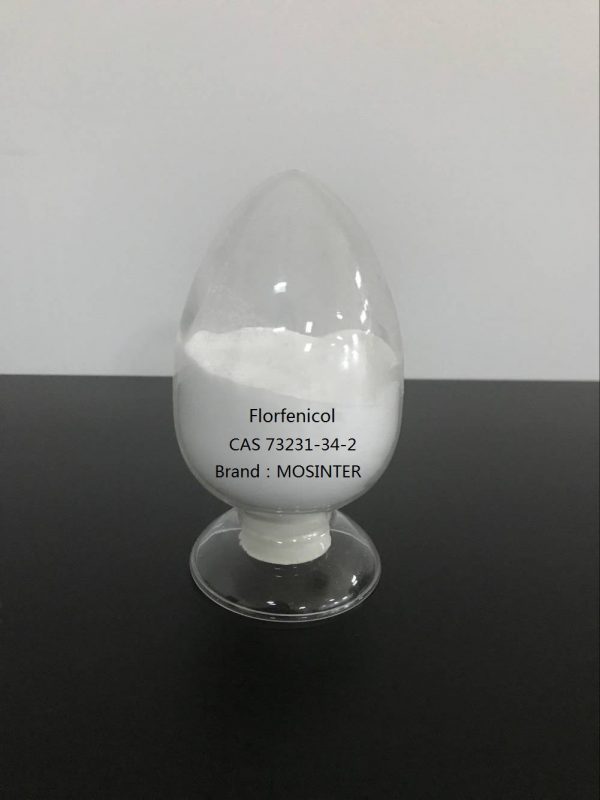
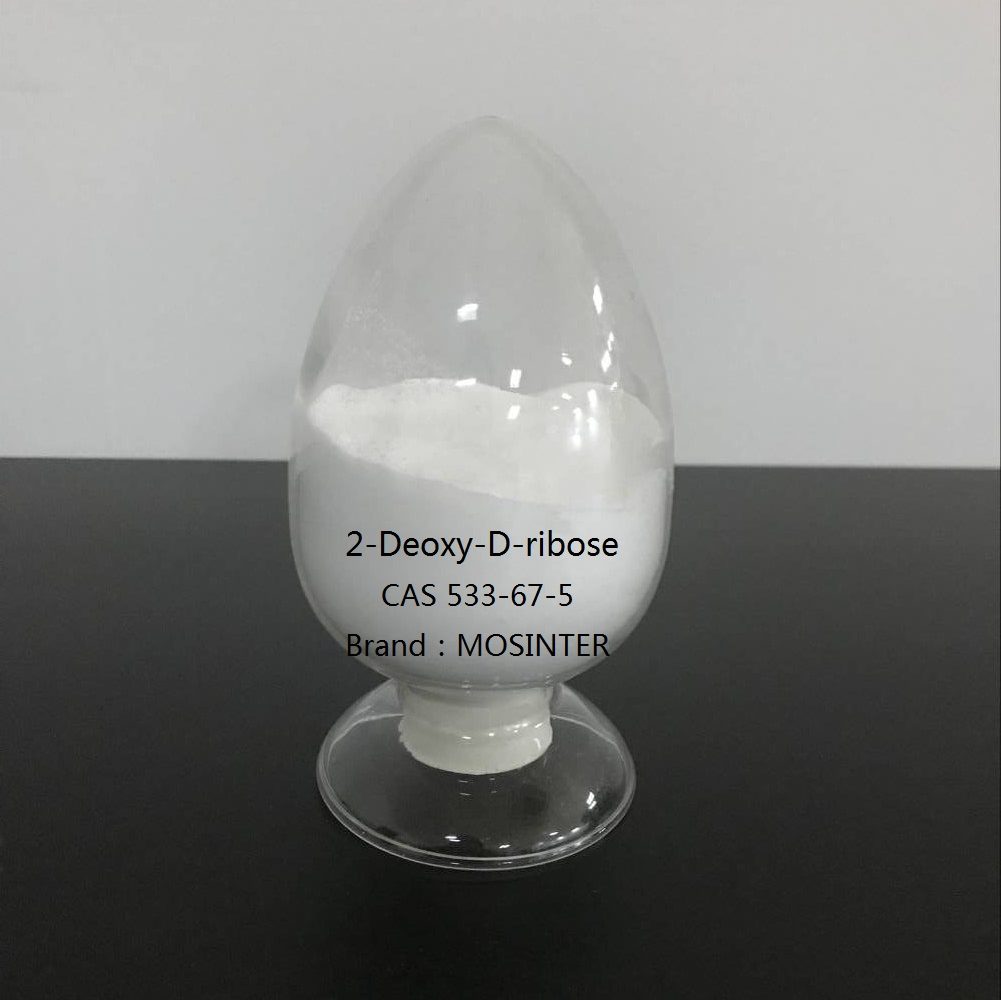
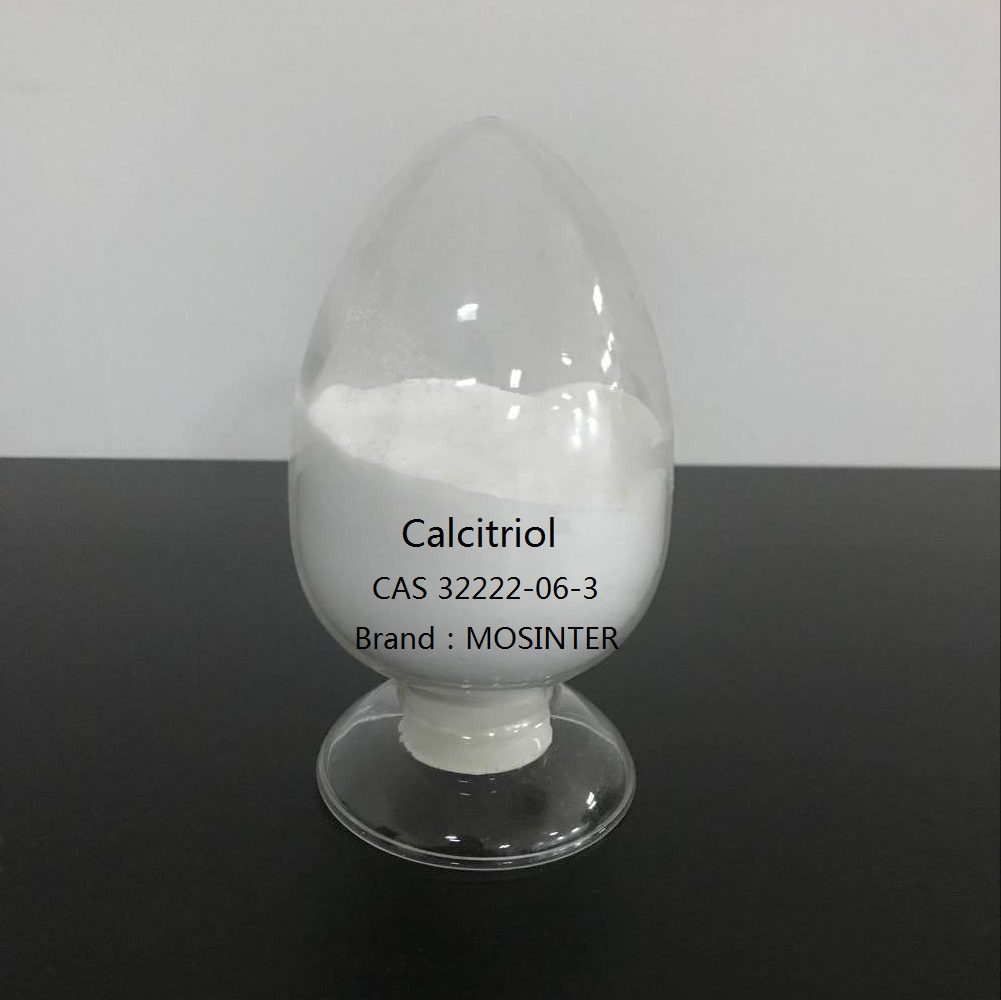
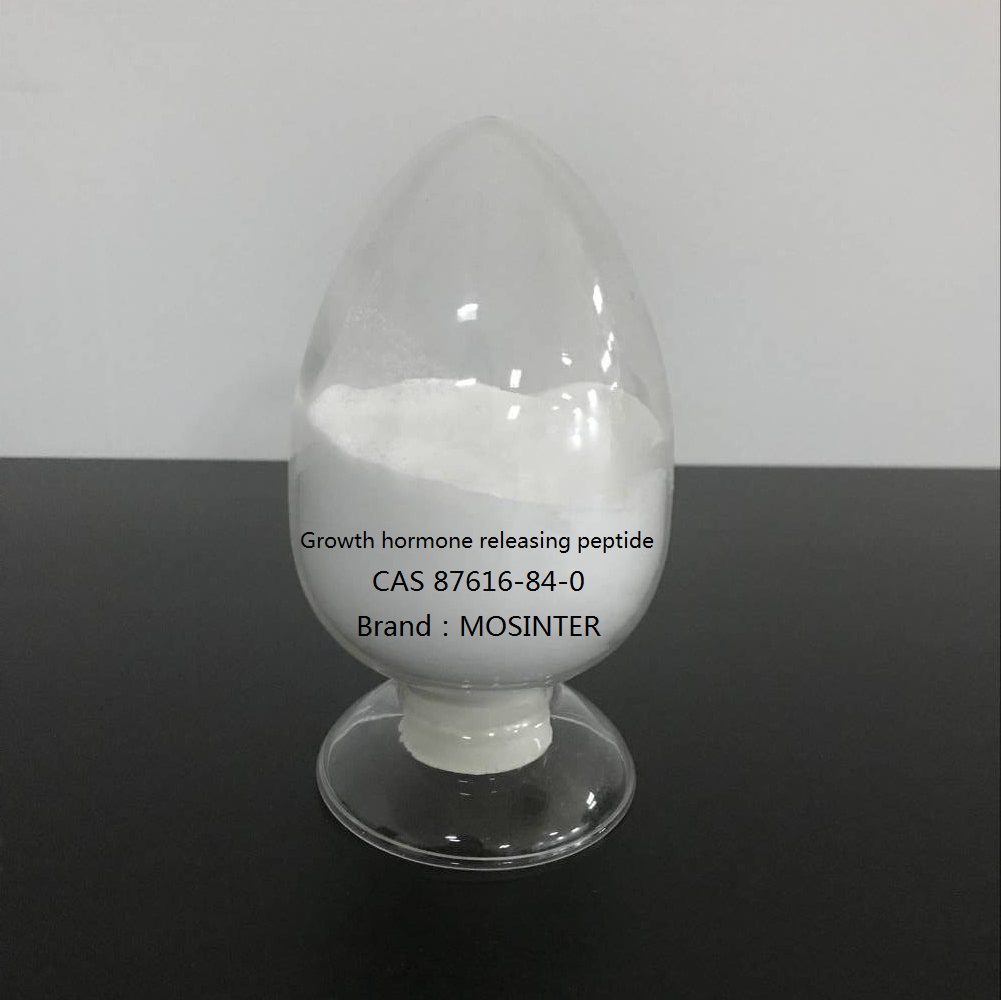
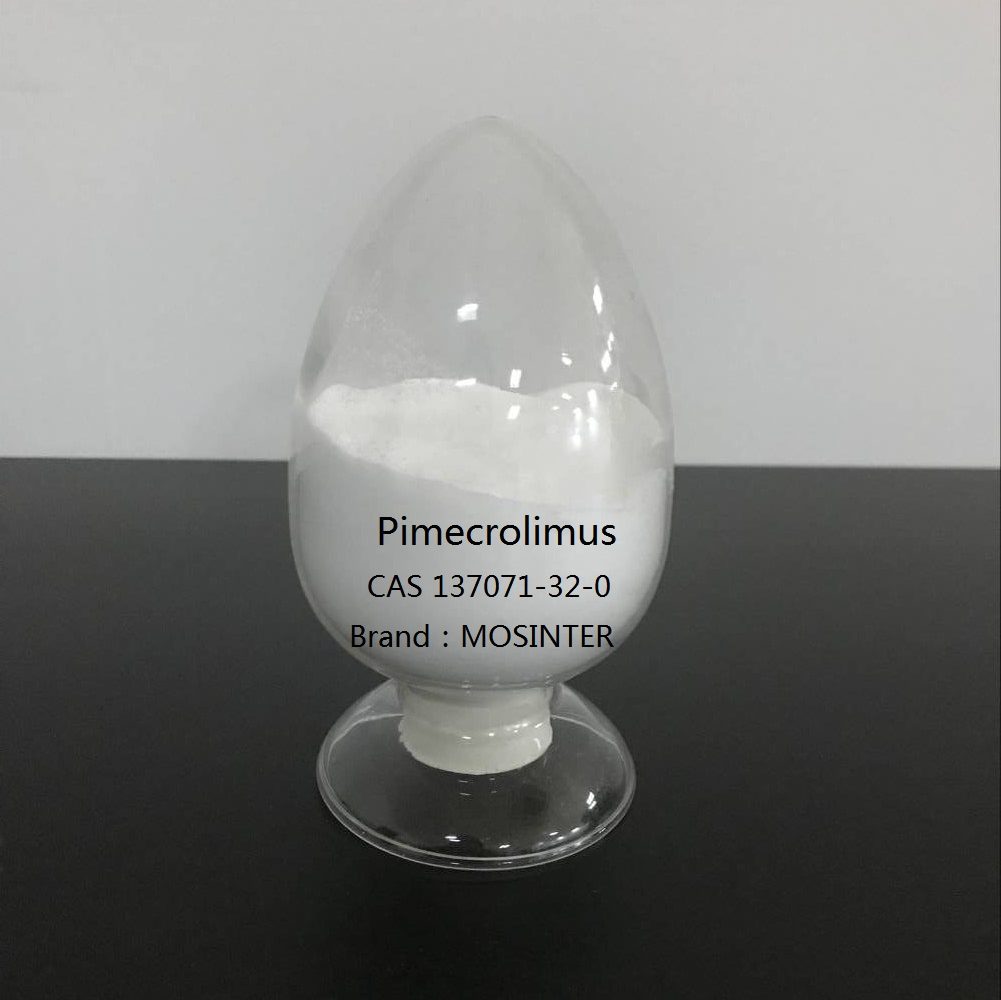
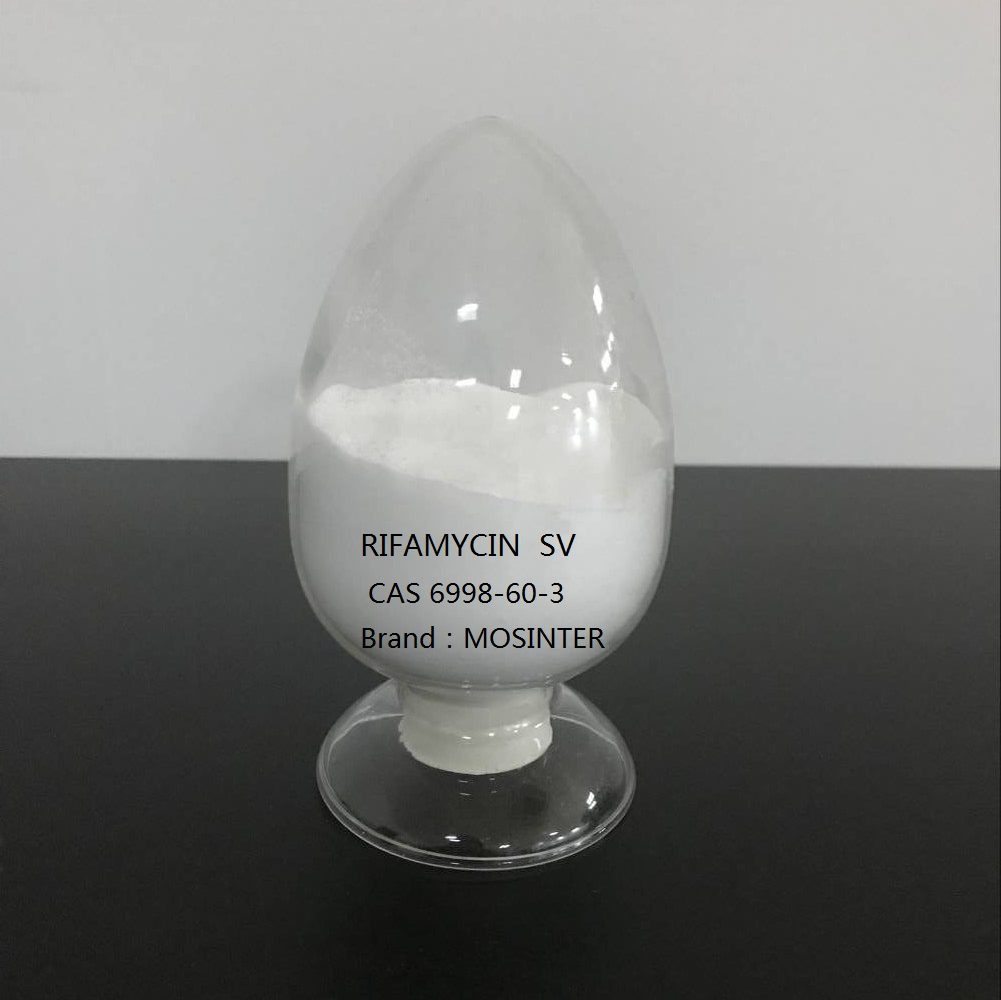
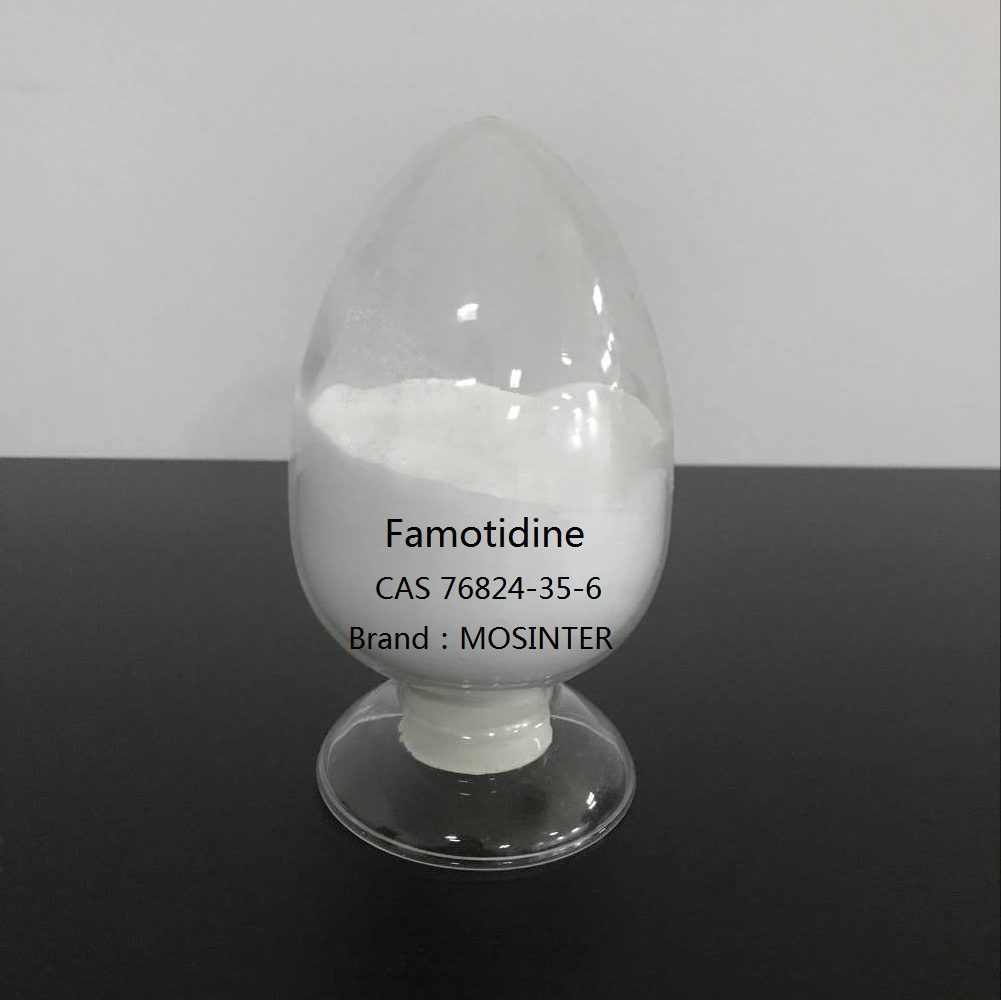
Reviews
There are no reviews yet.